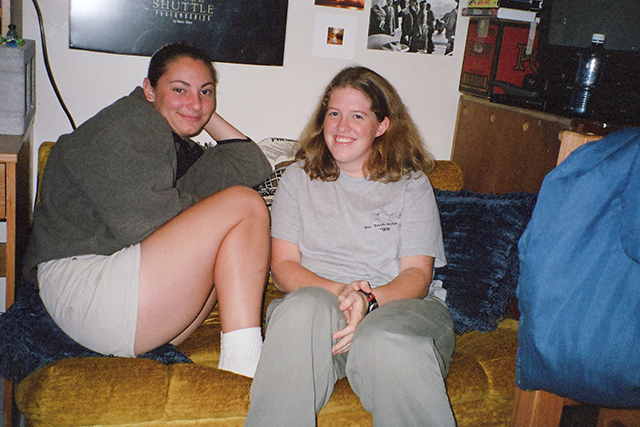Ron read somewhere that the state of Texas accounts for a third of the beer consumption in the country. I don’t doubt it. This morning as I was walking from my apartment to my car to go to work, I passed two guys in t-shirts with the sleeves torn off walking around the complex, each with a Bud Light firmly clenched in their hand. This was at 7:50 a.m. Yeah. I laughed. Texas continually amuses me.
And then I got to work and found out from Becca about this article about college rankings and their accuracy (or lack therof) is right on target. Here are only some of the good quotes:
- “It would embarrass many colleges and universities to admit just what happens on campus and how little attention they pay to students.”
- “Graduate programs have long produced individuals expert in their discipline but awkward in the classroom.”
- “Promotion and tenure procedures on most campuses provide slim rewards for good teaching; professors are often released from teaching in order to focus on research, but it almost never works the other way around.”
- “The highly influential U.S. News & World Report Annual Guide to “America’s Best Colleges” pays scant attention to measures of learning or good educational practices.”
- “The rankings…[tabulate] things such as percent of faculty with a doctorate (to measure the quality of the professors) and SAT scores of the freshman class (to get at quality of the students). That’s like measuring the quality of a restaurant by calculating how much it paid for silverware and food: not completely useless, but pretty far from ideal.”
- “U.S. News originally set out to create a seemingly scientific rankings system that would place well-known universities — particularly Harvard, Yale, and Princeton — on top. Those are the most common places where magazine editors earned their degrees, and the public expects to see them on top.”
- “U.S. News only includes one vastly less reliable measure of [student] satisfaction — the percentage of alumni who donate — which depends in large part on alumni wealth and how many pesky sophomores man phone banks in exchange for pizza and t-shirts.”
- “There’s something contradictory in a magazine making a mint off of a ranking system called “America’s Best Colleges” that virtually ignores educational quality.”
- “Students at schools with strong research orientations display decreased satisfaction with faculty and the overall quality of instruction, decreased leadership skills, and decreased self-reported growth in public speaking skills and other measures of student development.”
Both of my schools — Georgia Tech and Stanford — take immense pride in their research; I know that Georgia Tech suffers a decreased emphasis on students, and I won’t be surprised if I get to Stanford and find that attitude as well. I think it’s inexcusable that students don’t get the attention they deserve, and that we sit through classes with professors who don’t know how to teach. A university couldn’t exist without its students, yet many of those institutions seem to have taken the opinion that students exist only to rake in their tuition money.
That’s one of the reasons I’d like to be a professor someday. I want to focus on students, and be a good teacher. I know I’ll have to do research too, but what really excites me is the opportunity to interact with college kids. Having just finished five years as an undergraduate, I realize that people like Dr. Seitzman and Dr. Kamat influenced my life in many ways. They were great teachers, and in addition to that, they were great mentors. I went to them for advice about classes, and about my grad school decision. They were more than my professors; they taught me things both in and out of the classroom. I think all students should have the opportunity for that kind of interaction. Plus, I think it’d be cool to affect someone else’s life like a few of my professors influenced mine.






